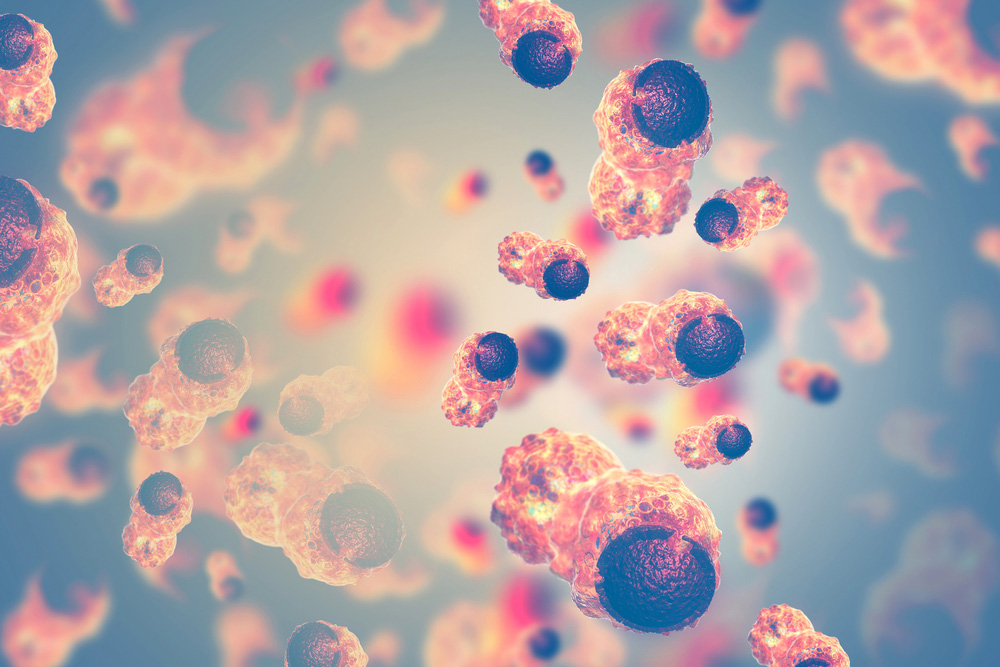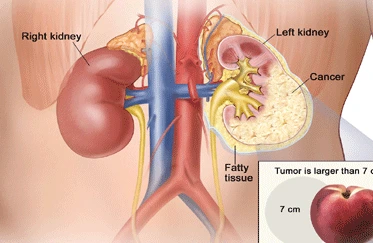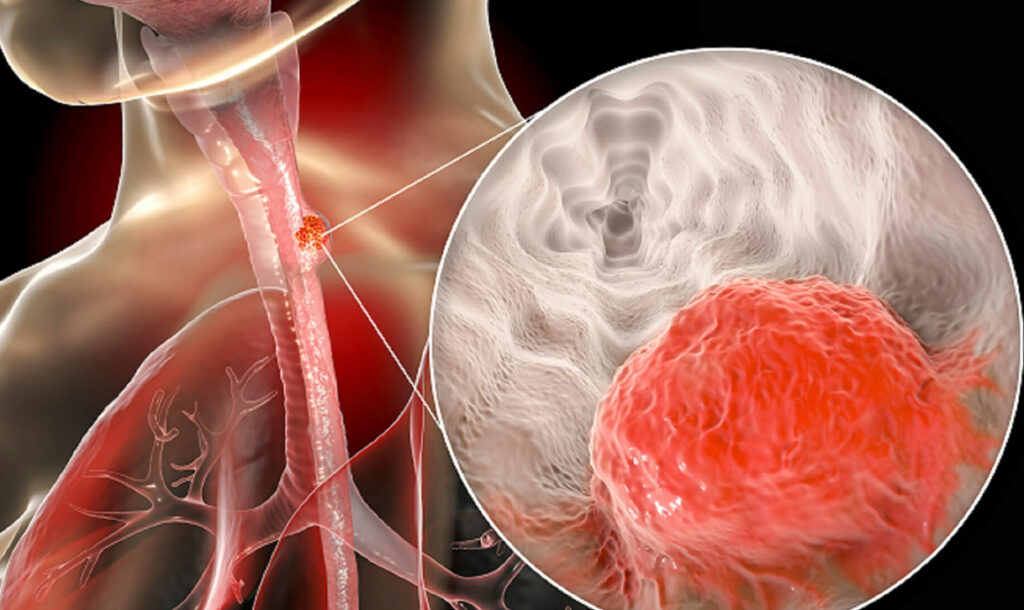Cancer cells love sugar. That is why refined carbohydrates like white sugar, white flour, high fructose corn syrup (HFCS) and soft drinks are extremely dangerous for anyone trying to prevent or reverse cancer.
5 Reasons Cancer Cells and Sugar Are Best Friends
Sugar is cancer’s favorite food and here are listed are at least five reasons that cancer and sugar are best friends.
1. Affinity
Cancer cells love sugar! That is why refined carbohydrates like white sugar, white flour, high fructose corn syrup (HFCS) and soft drinks are extremely dangerous for anyone trying to prevent or reverse cancer.
How Does Sugar Cause Cancer Cells to Grow?
Sugar essentially feeds tumors and encourages cancer growth. Cancer cells uptake sugar at 10-12 times the rate of healthy cells. In fact, that is the basis of PET (positron emission tomography) scans — one of the most accurate tools for detecting cancer growth. PET scans use radioactively labeled glucose to detect sugar-hungry tumor cells. When patients drink the sugar water, it gets preferentially taken up into the cancer cells and they light up!
The Link Between Sugar and Tumors
The 1931 Nobel laureate in medicine, German Otto Warburg, PhD, discovered that cancer cells have a fundamentally different energy metabolism compared to healthy cells. He found that malignant tumors exhibit increased glycolysis — a process whereby glucose is used as a fuel by cancer — as compared with normal cells.
2. Acidity
Warburg’s research also found that cancers thrive in an acidic environment. Sugar is highly acidic. With a pH of about 6.4, it is 10 times more acidic than the ideal alkaline pH of blood at 7.4. Maintaining a preventative pH level may require reducing or eliminating dietary sugar.
3. Immunity
Sugar suppresses a key immune response known as phagocytosis – the Pac-Man effect of the immune system. Consuming 10 teaspoons of sugar can cause about a 50% reduction in phagocytosis.
If you consider the sugar in your cereal, the syrup on your waffles and pancakes, the sugar added to your morning coffee or tea, the sugar in cold beverages like iced tea or lemonade, the HFCS in prepared foods, salad dressing and ketchup, and of course sugary snacks and desserts, you can see how easy it is to suppress your immune systems significantly.
How Long Does Sugar Impact the Immune System?
Not only the amount of sugar, but also the frequency of ingesting sugar is relevant to immune function. In one study, research subjects were found to have nearly a 38% decrease in phagocytosis one hour after ingesting a moderate amount of sugar. Two hours later, the immune system was suppressed 44%; immune function did not recover completely for a full five hours.
4. Activity
In most people, when sugar in any form is consumed, the pancreas releases insulin. Breast tissue, for example, contains insulin receptors, and insulin is a powerful stimulant of cell growth. One group of Australian researchers concluded that high levels of insulin and insulin-like growth factor (IGF) may actually be causative of cancers of the breast, prostate, endometrium and pancreas.
Does Sugar Increase the Risk of Breast Cancer?
A broad study conducted in 21 countries in Europe, North America and Asia concluded that sugar intake is a strong risk factor contributing to higher breast cancer and 13 other types of cancer rates, particularly in older women. A four-year study at the National Institute of Public Health and Environmental Protection in the Netherlands compared 111 biliary tract cancer patients with 480 healthy controls. Sugar intake was associated with more than double the cancer risk.
5. Obesity
Sugar ingestion seriously contributes to obesity, a known cause of cancer. Obesity also negatively affects survival. More than 100,000 cases of cancer each year are caused by excess body fat, according to the American Institute for Cancer Research. These include esophageal, pancreatic, kidney, gallbladder, breast and colorectal cancer.
Sugar Substitutes
Although I am against sugar, please don’t think I recommend artificial sugar substitutes! Sweeteners containing aspartame, saccharin or sucralose have been shown to contribute to bladder cancer, lymphoma and leukemia, according to the National Institute of Environmental Health Sciences.
Good sugar substitutes are stevia, barley malt, rice syrup, and palm sugar. ALSO ALL NATURAL SUGAR FOUND IN ALL FRUITS ARE ABSOLUTELY SAFE, HEALTHY AND ACCOUNTABLE AS WELL.
The Sugar and Cancer Connection
There is much evidence showing sugar is linked to cancer, but can sugar cause cancer? Research is still underway to determine if there is a direct causative connection or if sugar is a contributing factor only after cancer cells have developed. Certainly, we do know that sugar is bad for cancer prevention and treatment.
Controlling sugar intake will help create the best environment for a healthy immune response and prevent causative risk factors which are still being discovered. SO EVERYONE WHETHER HEALTHY OR ILL MUST AVOID ALL ARTIFICIAL SUGAR INTAKE AND ENCOURAGE INTAKE OF ALL NATURAL SUGAR INTAKE. THATS WHY MAXIMUM EMPHASIS ON FRESH FRUITS ARE A MUST AND HIGHLY BENEFICIAL AS WELL.
There are two ways that fruit and vegetables are thought to help protect against cancer:
a) directly through specific anti-carcinogenic (anti-cancer) agents
b) indirectly by helping to maintain a healthy body weight.
Fruit and vegetables are rich in fibre, vitamins, minerals, antioxidants and phytochemicals, which help to protect your body against cancer. It is most likely the combination of these nutrients found in whole foods help to reduce the risk of certain cancers rather than one anti-cancer component.
Fruit and vegetables also protect against cancer indirectly by helping to maintain a healthy body weight. They are rich in nutrients and low in kilojoules and are therefore great food choices if you’re trying to maintain or lose weight. People who eat lots of fruit and vegetables are less likely to be overweight or obese.




